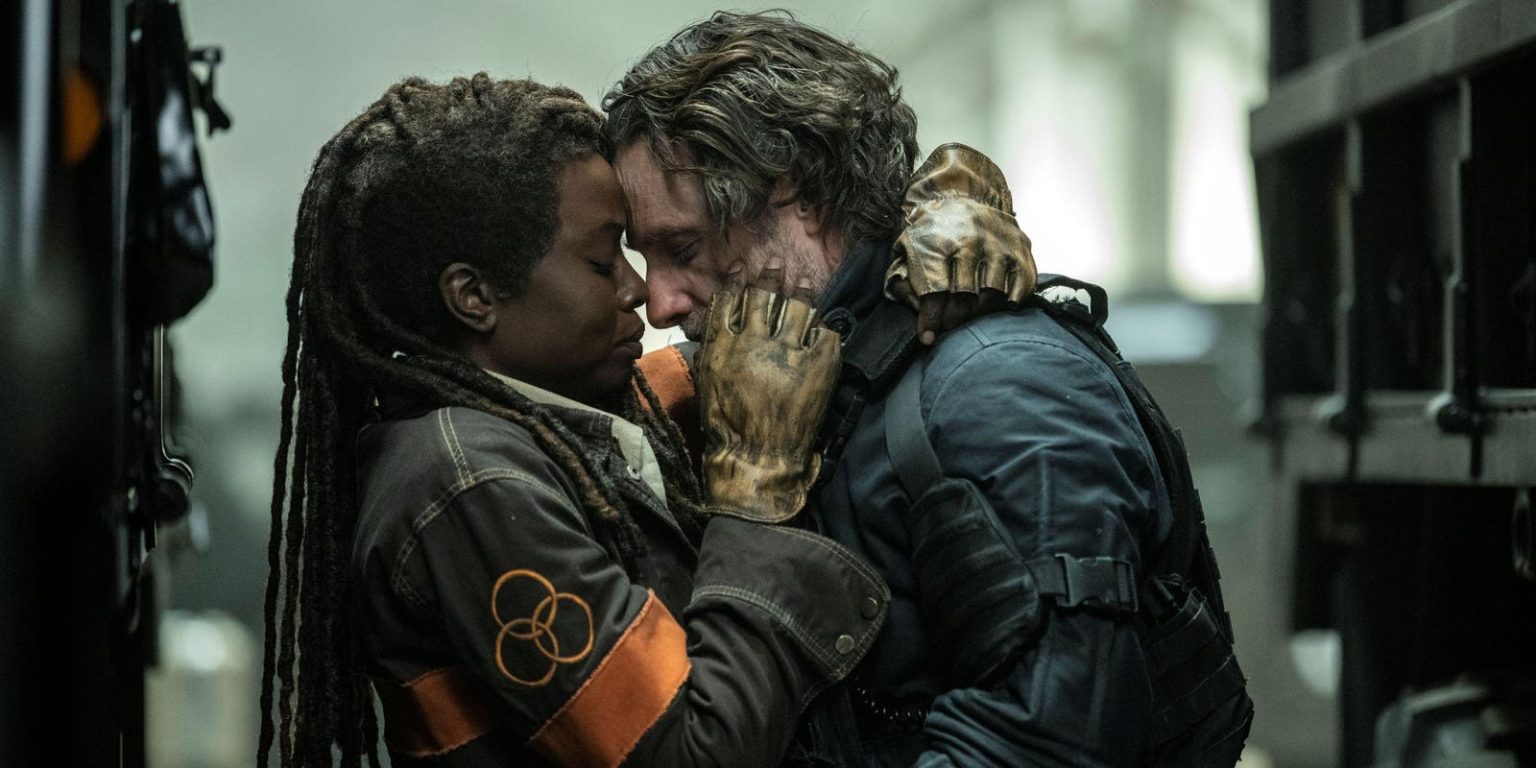The Walking Dead: The Ones Who Live – A Critical Post-Mortem on Netflix Release
The highly anticipated spin-off, The Walking Dead: The Ones Who Live, starring fan-favorite characters Rick Grimes (Andrew Lincoln) and Michonne (Danai Gurira), has finally arrived on Netflix after its initial AMC+ run. However, rather than being met with universal acclaim, the series has sparked a heated debate among fans and critics, with its quality and storytelling choices drawing both praise and sharp criticism. While Rotten Tomatoes boasts an 88% critic score and an 80% audience score, many viewers find themselves deeply disappointed with the execution of the long-awaited reunion and the exploration of the mysterious CRM group.
The central point of contention revolves around the perceived rushed and poorly written narrative. The six-episode season, a disappointingly short run for a series carrying such high expectations, feels crammed with plot conveniences and logical leaps that undermine the stakes and tension. Characters often make baffling decisions that defy common sense, a recurring issue in The Walking Dead universe that continues to plague this spin-off. Dialogue feels stilted and unnatural, further distancing the audience from the characters and the world they inhabit.
While the technical aspects of the show are generally commendable, with impressive cinematography and solid performances from the cast, the narrative shortcomings overshadow these positive elements. The action sequences, while entertaining, often feel unearned and lack weight due to the flimsy plot supporting them. Even Andrew Lincoln and Danai Gurira’s capable performances can’t salvage the weak writing, leaving viewers with a sense of unfulfilled potential and a lingering question of what could have been.
One of the major criticisms levelled against the series is its over-reliance on plot armor for its protagonists. Rick and Michonne, despite facing seemingly insurmountable obstacles, overcome them with surprising ease, diminishing the sense of danger and struggle that should be inherent in a post-apocalyptic world. Critics argue that this undermines the narrative tension and makes the characters’ journey less compelling. The frequent introduction and swift demise of intriguing supporting characters further contribute to the feeling that the series is not fully capitalizing on its potential. Conversely, some less compelling characters linger for far too long, disrupting the narrative flow.
Beyond the plot and character development issues, some critics have also taken issue with the portrayal of the central romance between Rick and Michonne. While the actors give their all, the on-screen chemistry is often questioned, with some viewers feeling the relationship feels forced and lacks the depth and development it deserves. This criticism, however, is overshadowed by the more fundamental problems with the series’ writing and pacing, which affect the narrative as a whole regardless of individual character dynamics.
While some viewers may enjoy the surface-level entertainment provided by the action and familiar faces, for many, The Ones Who Live represents a missed opportunity. The potential for a compelling story exploring Rick and Michonne’s reunion, their individual struggles, and the complexities of the CRM organization was left largely untapped. The rushed pacing, convenient plot devices, and underwhelming dialogue ultimately undermine what could have been a truly impactful and memorable addition to The Walking Dead universe. The question remains: can future installments learn from these missteps and deliver the story that fans deserve? Or is this a sign of further decline for the once-beloved franchise? The Ones Who Live now faces the verdict of a wider audience on Netflix, and time will tell whether its flaws will be overlooked or ultimately seal its fate as a disappointing chapter in The Walking Dead saga.


